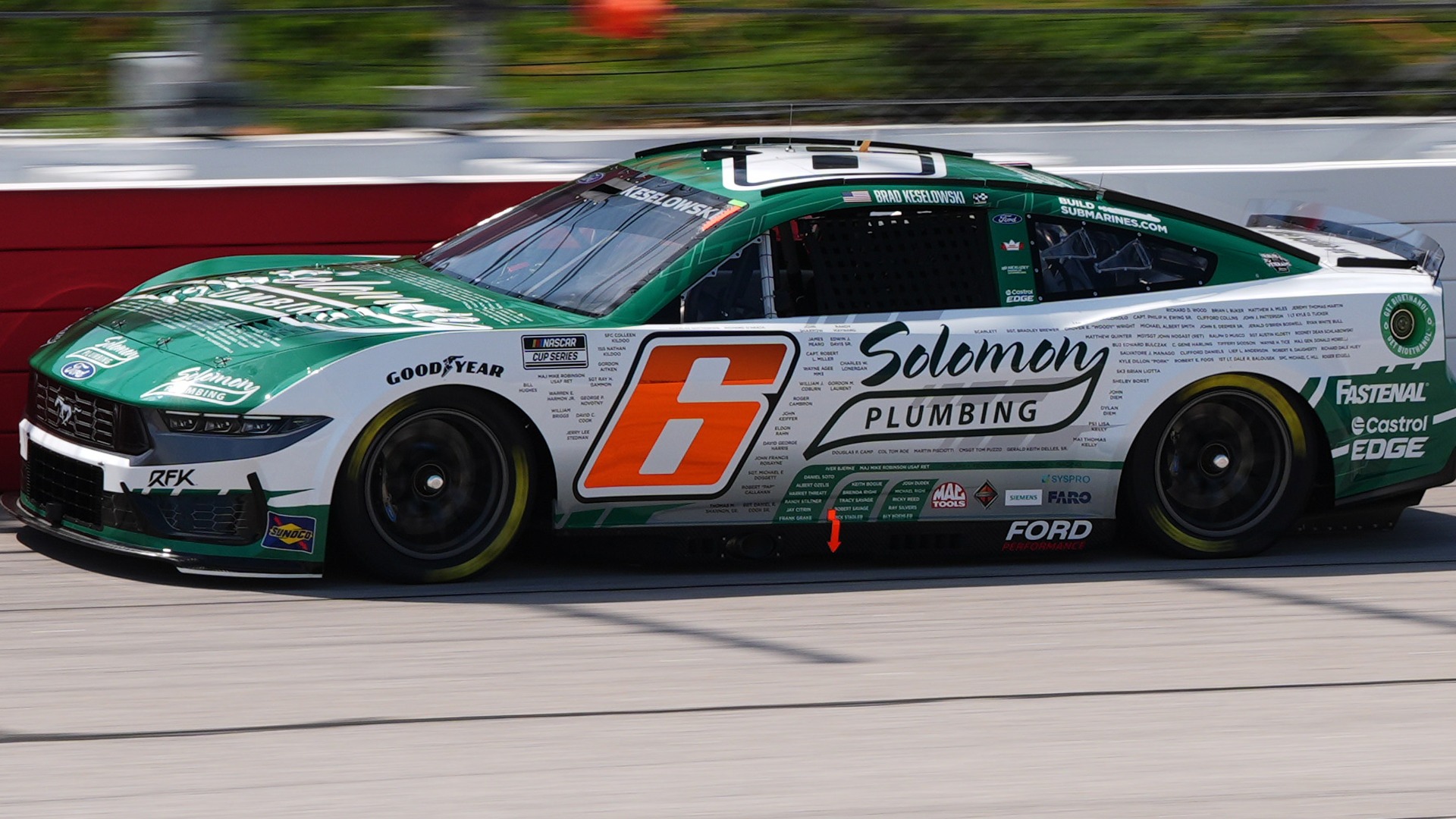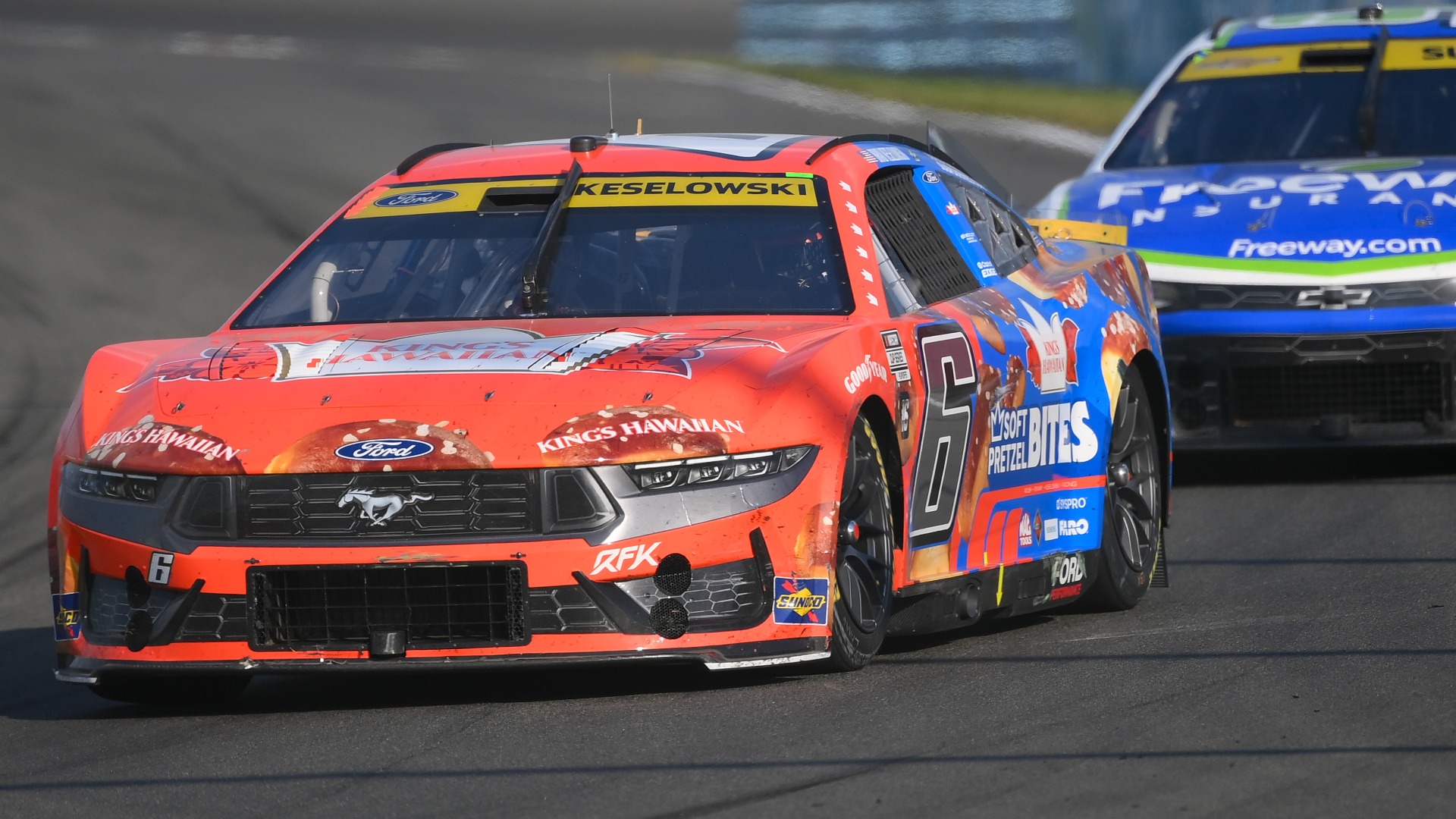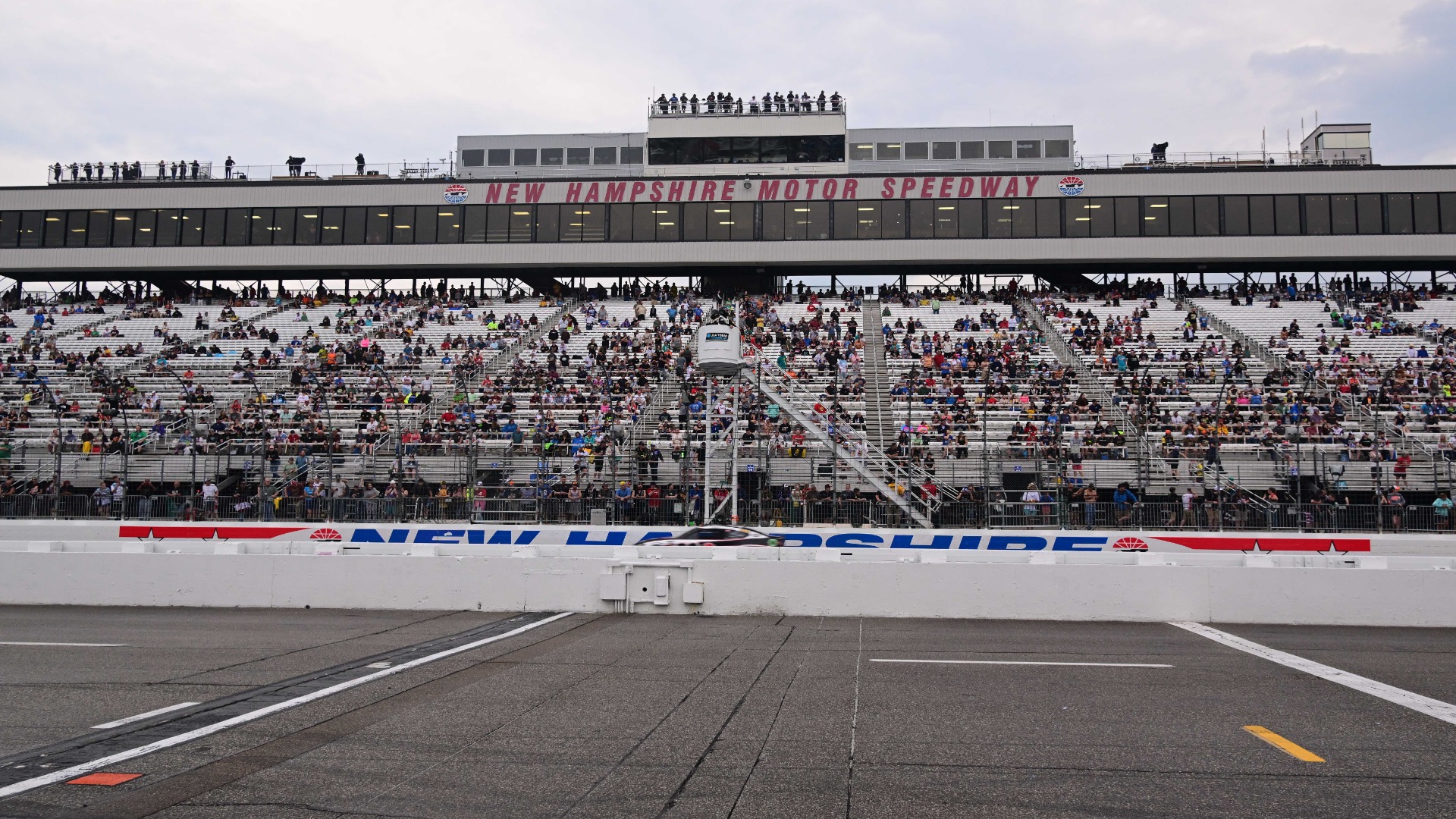Unless you’re a Formula One fan, you probably don’t know how many championships Lewis Hamilton has or how old Max Verstappen was when he won his first race.
But even people with minimal racing knowledge likely have heard of the Monaco Grand Prix.
Sir Jackie Stewart once referred to the race in Monte Carlo as the “crown jewel of F1,” and the phrase stuck. But the three-time world champion didn’t just call it that because of the royalty that attends the event. Numerous aspects of the race atmosphere, as well as the Circuit de Monaco itself, are unlike any other Grand Prix on the F1 calendar for fans and drivers alike.
Here are 10 reasons why the F1 Monaco Grand Prix is such a special race:
No room for error

Photo via Red Bull Content Pool
Plenty of old-school tracks, such as Silverstone and Suzuka, have little to no runoff in certain areas, but even those can’t compare to the challenge presented by Monaco. To put in the fastest lap possible around the principality, drivers have to come within inches of Armo barriers at the apex and exit of nearly all of the track’s 19 corners. In addition, it’s a temporary street circuit that has a bumpy surface, so one lapse in concentration could send a driver into the barriers and bring out a safety car.
Unique challenge for teams

Photo via Red Bull Content Pool
Top teams rarely make careless mistakes. So the fact that Mercedes-AMG Petronas and Red Bull Racing each have cost one of their drivers a win at Monaco speaks to how challenging the race is. Mercedes’ decision to pit Hamilton under safety car in 2015 highlighted how difficult strategy calls can be, while the garages’ unusual layout forced Red Bull’s engineers to scramble to get Daniel Ricciardo’s tires when he arrived in the pits last year, causing him to finish second to Hamilton. No other race catches the brightest minds in the sport as frequently as Monaco.
Fairmont hairpin

Photo via Red Bull Content Pool
The Fairmont Hairpin, named after the hotel that sits beyond its barriers, is arguably the most unique in the sport. Taken at roughly 30 mph in first gear, it’s the slowest corner in F1. It has such a tight radius that teams have to fit their cars with special steering racks so they can use enough steering lock to navigate it. The hairpin also offers a unique view for fans watching at home (pictured), as one camera angle shows cars approaching, braking and exiting the corner.
Port Hercule (aka the harbor)

Photo via Honda
Monaco might be the only venue in all of motorsport where people can watch the race while sipping champagne on their yachts. The harbor is packed with hundreds of boats during the weekend of the Grand Prix, and they’re visible from the Nouvelle Chicane after the tunnel, until just before La Rascasse. The harbor played a special role in the 2006 race, as Kimi Raikkonen opted to head back to his boat, rather than the garages, after an engine fire ended his race.
Red Bull Energy Station

Photo via Red Bull Content Pool
As big as the boats are, Red Bull dominates the harbor every year with its Energy Station. The floating motor home has lounge chairs, a pool, bars and everything else you need to occupy VIPs. Following the 2010 Monaco Grand Prix, then teammates Mark Webber and Sebastian Vettel, famously jumped off the station and into the harbor while celebrating their 1-2 finish.
Casino square

Photo via Red Bull Content Pool
With the exception of Sector 2 in Baku, Monaco’s casino square offers a view unlike any other street circuit. The fountain at the center of the square acts as the apex for the mid-speed right-hander of Turn 4, which has the Monte Carlo Casino just outside the track’s confines.
It’s many drivers’ “second home race”

Photo via Red Bull Content Pool
After making it to F1, many drivers move to Monaco so they have a centralized home for the European leg of the season; Ricciardo, Verstappen and Felipe Massa even live in the same apartment building. As a result, Monaco is the only race at which drivers can walk to work in the morning. This also allowed Ayrton Senna to head straight home without talking to anybody when he crashed out while leading the 1988 race.
Exciting overtakes

Photo via Red Bull Content Pool
Although the Armco-lined circuit makes passing difficult, Verstappen proved in 2015 that it’s not impossible. And when a driver is daring enough to attempt an overtake, and careful enough not to stuff it, the result is a truly impressive pass.
Creates level playing field

Photo via Flickr/Caterham F1
With no long straights on the 2.073-mile track, power advantages essentially are nullified. This, in turn, makes the gap between teams even smaller than usual, further shrinking the margin of error for drivers. It was because of this unusual layout that the late Jules Bianchi was able to finish P9 for Marussia in 2014, despite having a car that never should have seen the points that year.
Celebrities

Photo via Mercedes-AMG Petronas
Most F1 races attract celebrities, but they flock to Monaco in droves. The nightlife of Monte Carlo, especially on race weekend, is a huge draw, as is the opportunity to see the cars up-close. In Justin Beiber’s case, however, he just wanted to see his friend Hamilton win the 2016 Grand Prix in person — and share in the celebrations.
Thumbnail photo via Red Bull Content Pool



